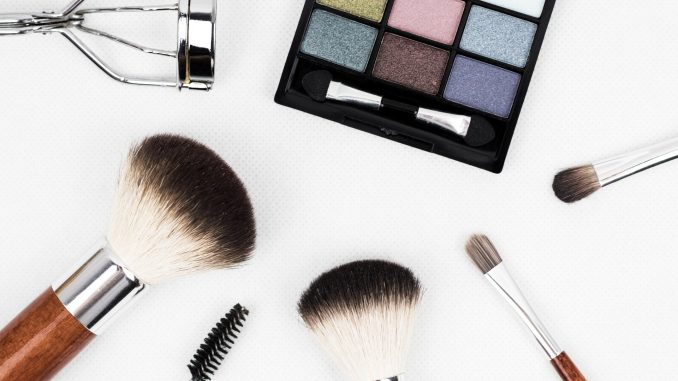
A study carried out by researchers at Aston University has found that make-up products could pose a risk to consumers if proper hygiene isn’t taken seriously. The researchers found that commonly used products like mascara could be a hotspot for deadly superbugs.
To gain a better understanding of how these products can host bacteria and superbugs, the study looked at popular make-up and beauty products. These items were donated by members of the public for the purpose of testing them in the study.
All of these products had been used by consumers prior to the study. To test them, they were put into one of five categories: mascara, lip gloss, lipstick, eyeliner, and beauty blenders. They were then tested in a lab for different strains of bacteria.
The results were shocking. The researchers found that 90% of all the products were contaminated and traces of e-coli – a bacteria that can lead to staph infections and Citrobacter freundii – was found in many of the make-up items.
The product that was found to be the worst for hosting bacteria was beauty blenders. These have grown in popularity in recent years, but are often susceptible to bacteria as they are left damp between uses. In addition, most of the consumers said they never cleaned the product and over 60% said they would continue using it after leaving it on the floor.
The results of this shed light on the need to make consumers aware of the importance of hygiene. Many are unaware of the risks, and as they use these products on a regular basis, are exposing themselves to potentially harmful bacteria.
According to researcher Dr. Amreen Bashir, “Consumers’ poor hygiene practices when it comes to using make-up, especially beauty blenders, is very worrying when you consider that we found bacteria such as E.coli — which is linked with faecal contamination — breeding on the products we tested.”
He added: “More needs to be done to help educate consumers and the make-up industry as a whole about the need to wash beauty blenders regularly and dry them thoroughly, as well as the risks of using make-up beyond its expiry date.”
Going forward, it’s hoped that consumers will take this issue more seriously, as the findings of the study highlight the risks consumers could be exposed to.


Leave a Reply